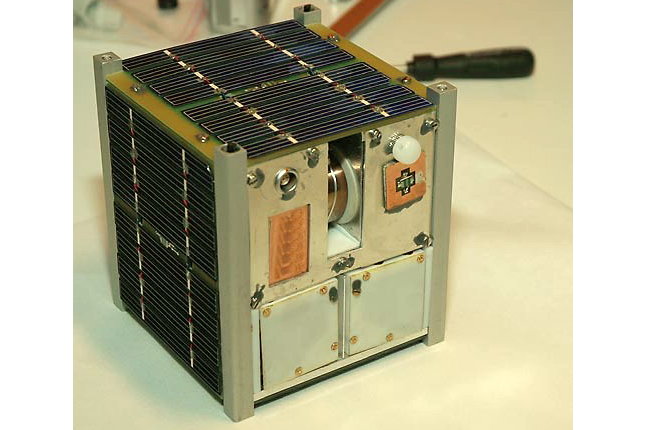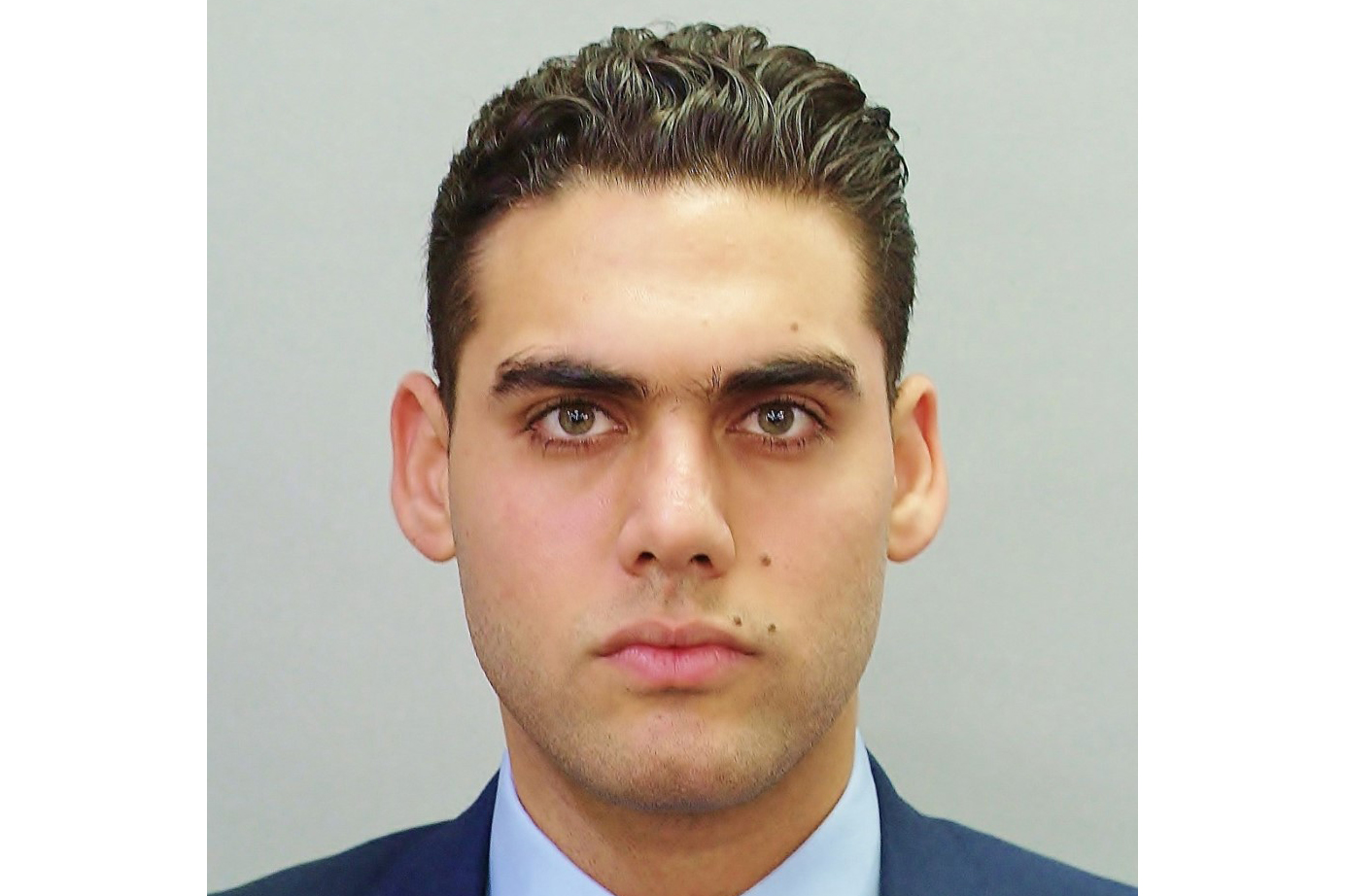Following the recent launch of the London Space Innovation Centre, students will design a miniaturized satellite for space research.
By Mr John Stevenson (Senior Communications Officer), Published

Following the launch of the London Space Innovation Centre (LSIC), City's Robotics and Machine Intelligence Society (RMIS) will be reaching for the stars, as it prepares to host a CubeSat Competition on 22nd June 2021.
The virtual (Zoom) event will see over 30 students in seven groups compete actively across City - from SMCSE to City Business School. It will also be streamed in real time on the RMIS YouTube page.
Supported by the LSIC, the aim of the competition is to theoretically design a CubeSat incorporating all of the technical, financial and mathematical aspects of building and launching a satellite. Groups will be assessed by an internal SMCSE judging panel as well as an external professional in the space industry.
The competition builds on the Society’s successful Line Following Competition (End Of The Line 2019) staged in December 2019.
 LSIC Director, Professor Nabil Aouf, came up with the idea of the CubeSat competition. The LSIC will sponsor the winner to complete the construction of the satellite and further arrangements are under consideration for funding the launch of this project into space.
LSIC Director, Professor Nabil Aouf, came up with the idea of the CubeSat competition. The LSIC will sponsor the winner to complete the construction of the satellite and further arrangements are under consideration for funding the launch of this project into space.
Second-Year engineering students, Thiban Jeyaratnam (Project Manager), Tariq Al-Radhi (Administration Officer) and Bornali Roy (Publicity Officer) are organising the event under the leadership of RMIS President, Soheil Ahmadi.
The Society has organised online tutorials, workshops, Q&As and group sessions to help the seven groups deliver this project with the highest possible quality given the Covid-19 pandemic situation.
 Soheil says the Society “aims at setting its project missions in line with the 17 Goals of the United Nation Sustainable Development Goals (SDG) program. Each group will have a specific objective for their satellite to help the sustainability of our planet earth!”
Soheil says the Society “aims at setting its project missions in line with the 17 Goals of the United Nation Sustainable Development Goals (SDG) program. Each group will have a specific objective for their satellite to help the sustainability of our planet earth!”
The Society has been running weekly tutorials with Professor David Stupples and Duarte Rondao on CubeSat Design, Orbit Insertion, Rocket Equations, Economics of CubeSats and STK (a simulation software for space projects) to academically support the members.
In parallel, the RMIS is also attracting First-Year Engineering students at City to join its Line Following Competition, designed for students with little to no robotics experience. These students will be trained and brought up to the standard to compete in drone and
self-balancing robot contests. “Of course, we could have not achieved any of this without never-ending support from our School Dean, Professor Rajkumar Roy and Professor Aouf”, Soheil says.
City’s RMIS is an effective platform for attracting passionate students across City with an interest in modern science by providing them with an opportunity to take part in practical experiments and competitions.

